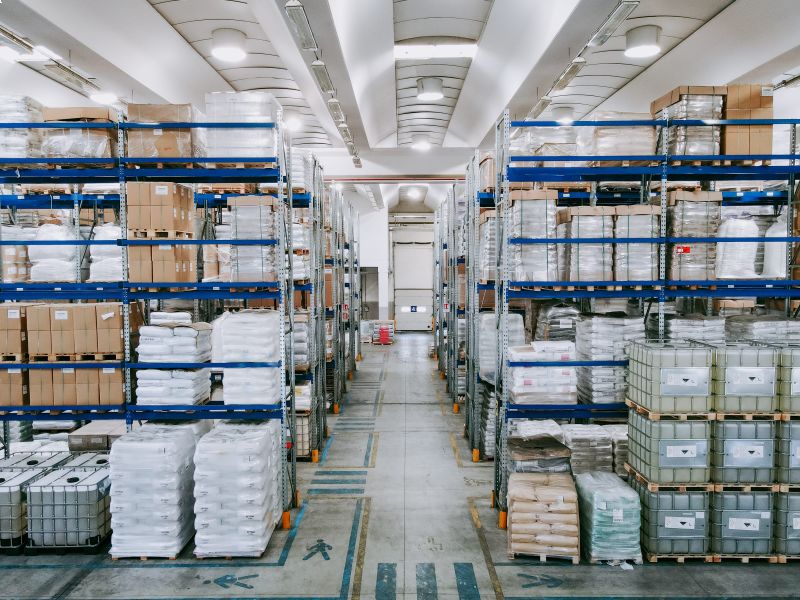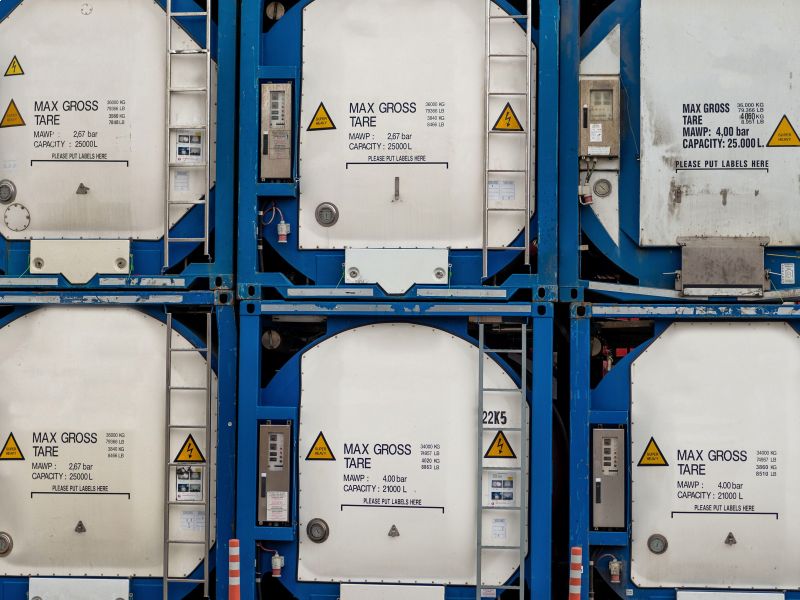Delivery Note (DDT) Retention: how long to keep it, who is responsible, and why it matters.
In the transport and logistics industry, keeping delivery notes (DDTs) is often overlooked—but it is crucial for smooth administration and full compliance with tax and legal regulations.
The DDT is not just a shipping document: it plays a key role in proving the movement of goods and must be stored correctly by the parties required by law.
In this guide, we’ll explain what a DDT is, who needs to keep it, how long it must be retained, and the risks of failing to do so.
What is a Delivery Note (DDT) and why is it important?
A Delivery Note (Documento di Trasporto, or DDT) is a commercial document that accompanies goods during transport. It replaces an immediate invoice and includes essential information such as:
- sender and recipient details,
- description of the goods,
- quantity,
- transport date and reason.
The main purpose of the DDT is to certify the transfer of goods from one party to another. It provides traceability and acts as official evidence in the event of tax audits, legal disputes, or accounting checks.
Delivery Note retention requirements: how long to keep it under Italian law
Italian regulations make DDT retention mandatory for both senders and recipients, mainly for tax and accounting purposes. According to Presidential Decree 472/96 and the Civil Code, the storage periods are:
- 10 years for civil law purposes,
- 7 years for tax purposes (5 years plus an additional 2 years for possible audits).
DDTs may be stored either in paper or digital form, as long as integrity, authenticity, and readability are preserved over time.
Proper storage is also essential in case of disputes or inspections by the Italian Revenue Agency, as the DDT serves as valid proof of goods movement.
Who must keep the DDT?
The legal obligation to store delivery notes applies to:
- The sender (seller): must keep a copy to prove goods leaving the warehouse and justify the transport.
- The recipient (buyer): must keep the DDT as evidence of goods entering their accounting system.
Carriers and subcontractors are not legally required to store DDTs, since they are neither issuers nor obligated parties for tax purposes. However, they may keep copies voluntarily for internal tracking, dispute resolution, or shipment history.
For goods subject to ADR regulations, documentation traceability remains crucial, but this does not create a formal storage obligation for carriers.
Risks of not keeping delivery notes
Failing to store DDTs within the legal deadlines can lead to serious consequences for senders and recipients, including:
- Tax penalties for missing documents during audits,
- Legal disputes with customers or suppliers over deliveries,
- Loss of key evidence in court or accounting proceedings.
Poor document management can damage a company’s credibility, create compliance risks, and cause financial losses.
Why choose Corsini Logistica & Trasporti for your shipments
At Corsini, we go beyond simply transporting your goods—we also handle the full documentation process, including proper drafting and storage of Delivery Notes.
Even though carriers are not legally required to retain DDTs, we can store copies systematically to ensure full traceability and transparency for our clients.
By partnering with us, you benefit from:
- complete shipment traceability,
- compliant and reliable document management,
- maximum security, including ADR shipments.
With years of expertise in the chemical and industrial sectors, we know how important compliance is—not just for transport, but also for supporting documentation.
Contact us today for a personalized consultation and discover how we can simplify your shipment management while ensuring full legal compliance and top operational reliability.
News.
STAY UP TO DATE ON HAZARDOUS GOODS AND THE CHEMICAL SECTOR
The world of hazardous goods transportation is constantly evolving, as are the regulations affecting the shipment and logistics of hazardous substances and chemicals. Stay up-to-date with our industry articles.

 Registered office: Via 25 Novembre, 6 - 20079 Basiglio (MI)
Registered office: Via 25 Novembre, 6 - 20079 Basiglio (MI)












